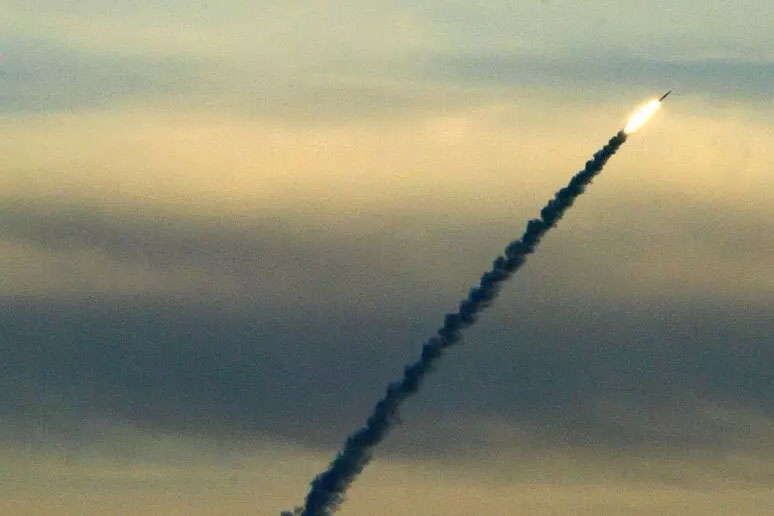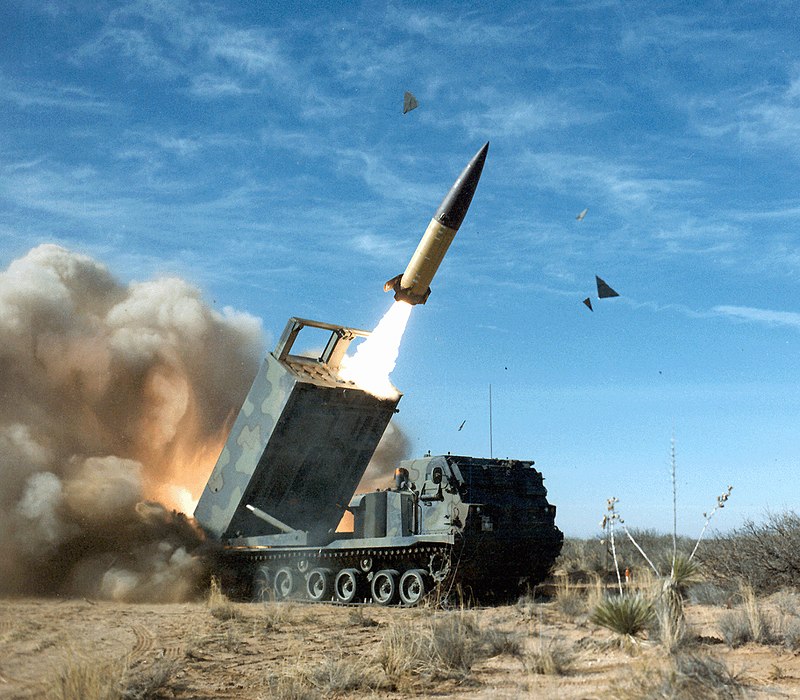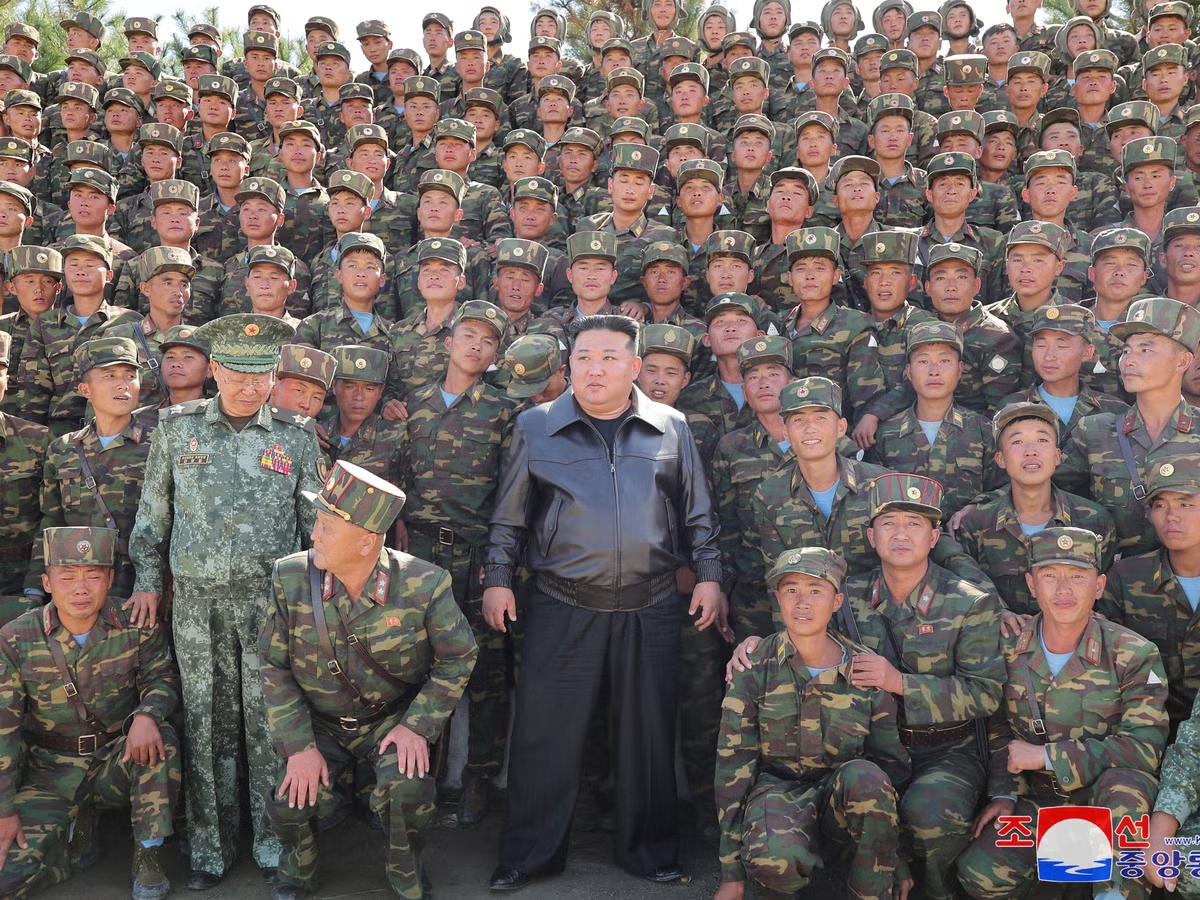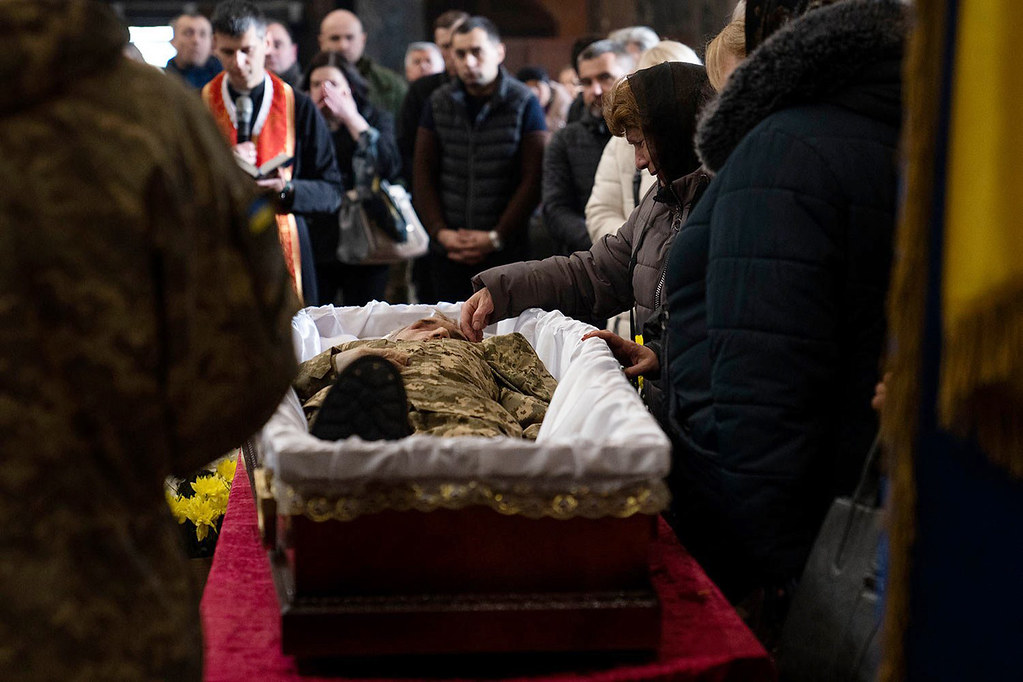“Legislation at war allows employers not to pay wages”
- A year after the outbreak of the Ukrainian war, we interviewed Ukrainian trade unionist Artiom Tidva to understand how the war has transformed the daily life and working world of citizenship. From a personal labor dispute, Tidva decided to study the Labor Law on his own to defend himself in the court. Since then, convinced of the importance of collective fighting, it has been creating independent unions in different regions and areas of work in Ukraine for years to help workers defend their rights.

How has your life changed since the invasion of February 24, 2022?
Until the beginning of the war he lived in Kiev. Soon after the war, I realized there was a risk of an explosive sticking at home and killing me. One of those days a colleague called me and told me that I was going to leave Kiev, that I had a free space in the car and that I could go looking for myself. We walked in very long car jams, one kilometer away from us there was flying, but fortunately our driver had a lot of experience and found another way. Then I learned that in that line of cars they bombed civilians' cars and killed people who wanted to take that road. I went to live in a city in western Ukraine, contacted the union of that city and continued to work.
The suitcase was not prepared for a long time, because it considered that the whole situation was a kind of exaggeration and that Russia wanted only to frighten. Furthermore, the Ukrainian authorities said that Russia had announced more than once the beginning of the war, but all were provocations to destabilise our economy. The international intelligence services constantly repeated that the attack was going to take place the next day; our newscasters sometimes confirmed it and sometimes said it was an abuse. Nobody could be sure what Putin was thinking.
Today it is difficult to plan anything. Going by train to another city is complicated, there are delays of several hours by power cuts, as Russian troops are bombing power plants. Trains don't go to the place where they're being bombed, swirl around or wait until the alarm ends.
“In the city where I lived, housing prices multiplied by five, because it is safer to live there”
Come down to the shelters when the alarm sounds?
The truth is, not always. Yesterday, when I went to the supermarket, the alarm sounded, the store closed and we got out, but people didn't go to the nearby shelter, smoking for 30 to 40 minutes. They were only waiting for the missiles to fall. People no longer walk with such caution, although it is difficult to be quiet when the mermaid sounds because images of destroyed houses and buildings come to your head. Your home can be the burning.
How has my life changed? I went to live in a quieter city and I was there from March to June. No one expected housing prices to rise even in the neighborhoods farthest from downtown. In the city I lived in, housing prices multiplied by five, because life there is safer.
He has just returned to Kiev. How has the city changed? I came back in June. In my neighborhood,
a housing block had destroyed the two upper floors. The windows of the ten surrounding houses exploded and people have replaced or covered the air currents with some door. Almost all the windows were coated with tape to prevent explosions. Some have been seriously injured by window chunks.
What is everyday life like in Ukraine?
People are still working, facing problems. In addition to the problems arising from the pandemic, workers now have to bear those of war, for example, social workers, teachers and nurses do not know how to work with people who have survived the war.
Many trade unions have assumed humanitarian responsibilities. Consider, for example, that thousands of workers and their families have left Mariupol, have been left homeless and everyone needs shelter and food, so money is given to buy hygiene products and food for them. Trade unions organize humanitarian kits that are handed over to affiliates. I also know that trade unionists work with the Red Cross, humanitarian organisations and international trade unions. These communication channels are used to effectively assist displaced and refugee people during the war.
We, as trade unions, try to advise workers, even before going to other countries, because for many workers it is common to have to work illegally on migration to Europe.
.jpg)
What changes has the labour market experienced in Ukraine?
Since the outbreak of war we have a martial law, with which an interim law has been passed which has simplified some nuances to employers in the labour market. The Government has legalized the possibility of dismissing an employee who has left the country. The increase in overtime has also been legalized: if production requires it, you must work 60 hours. This interim law was adopted to legalize overtime without limitation.
The situation is very dangerous for a state at war. Social tension occurs when an employer does not respect the rules of a collective agreement or dismisses a worker, not only in the war territories, but also in the peace territories. Employers have no restrictions whatsoever, the law allows them not to pay for employees. In some situations I know, companies do not pay union membership fees; using the argument of war, the accounting department blocks these transactions.
Bill 5371 has now been adopted, which allows companies with fewer than 250 workers to establish special working conditions. Consequently, the employer may decide individually who pays a premium and who does not, without transparency, since the contractual relationship is not collective but individual. In other words, the bill gives priority to individual labor relations over collective labor relations. That is terrible, and the opposite of what many conventions establish. In large companies where many people work, workers receive the
social package and are able to make payments and collective agreements. In smaller companies it is easier for employers to infringe workers’ rights. As we see, companies with 1,000 employees are being distributed across different companies. For example, what was once Coca Cola became Coca Cola foods, Coca Cola delivery and Coca Cola Companies. Workers will continue to work on the same floor, but formally they will work in different companies, because there is such a huge law that it allows workers to be discriminated against. Over time, companies will thus seek to reduce costs.
Provisional legislation at war allows employers not to pay wages. What is more, according to written stupidity, it is up to the aggressor country to pay all the arrears, that is to say, it already enters the fantasy world.
Do they therefore delegate that responsibility to Russia?
Yes, the State is not responsible for compliance with labour law. I don't know if that's going to happen somewhere else in the world. Of course, the international trade union movement, the International Labour Organisation and local trade unions denounce the situation and face abuse of this law.
What does Zelenski do about it?
Any president tries to partly eliminate his responsibility for his anti-social policies. He said before the war that “this is not my function, that is not my responsibility, they are asking me for something that is not my responsibility. I am the chief commander and my responsibility is to ensure compliance with the Constitution.” Celenski is very skilled in rhetoric, it is very difficult to reproach anything.
* This item has been translated by Vasilisa Petrovna for ARGIA
Road 20 January. U.S. President Donald Trump will be investigated on January 20. Democratic economic elites have repeatedly tried to put an end to Trump’s life. Will they achieve the target by 20 January? Furthermore, they intend to bring the war to a new, tougher phase. To do... [+]
On 19 September the majority of the European Parliament voted in favour of: "That all restrictions on the use of arms systems granted to Ukraine should be lifted immediately on Russian territory," he added. In common terms: "Launch missiles long across Russia." This Parliament is... [+]
For the powers, the salami tactic is attractive. It consists of cutting steaks progressively. With the enlargement of NATO, violations of international law, regime changes and the international proliferation of its military bases, the United States reduced the security and... [+]
Kursk is a historic region of Russia. He lived in peace until 6 August, when the Ukrainian army entered the city. About 15,000 men entered. Hundreds of tanks, armoured vehicles, artillery pieces, air defense radars… the most modern weapons that exist today, brought from all... [+]











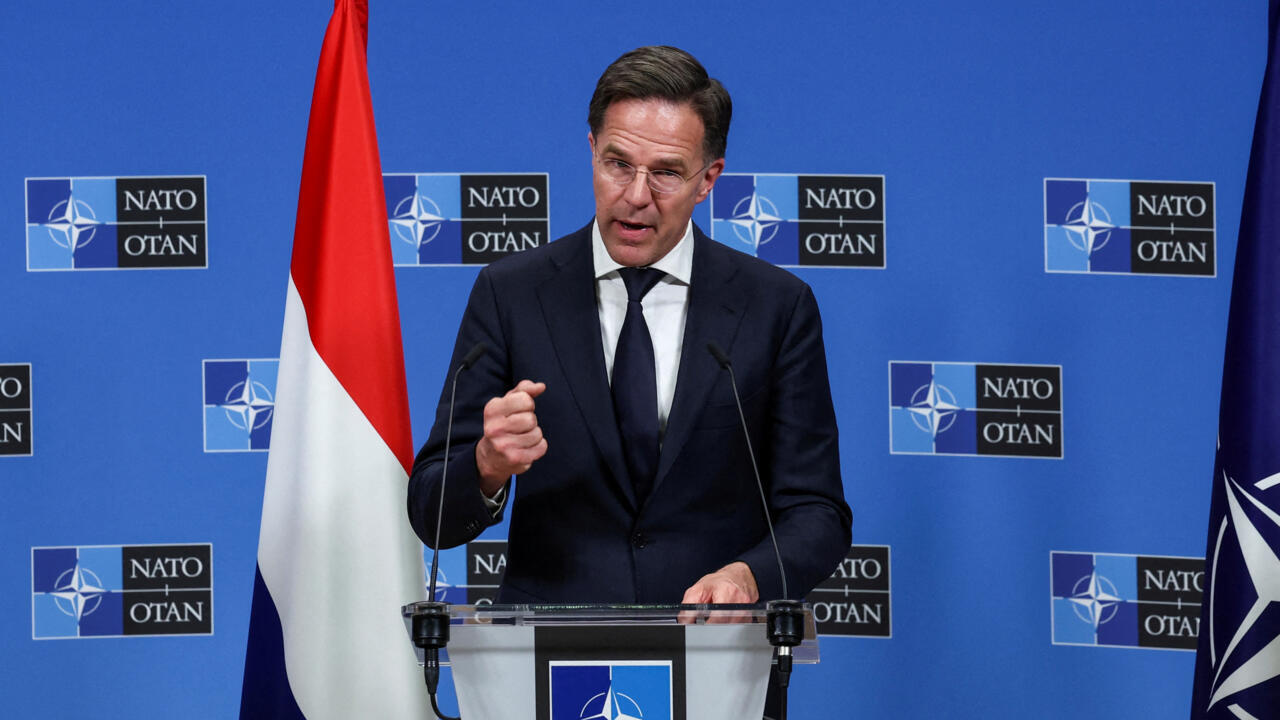

.jpg)
